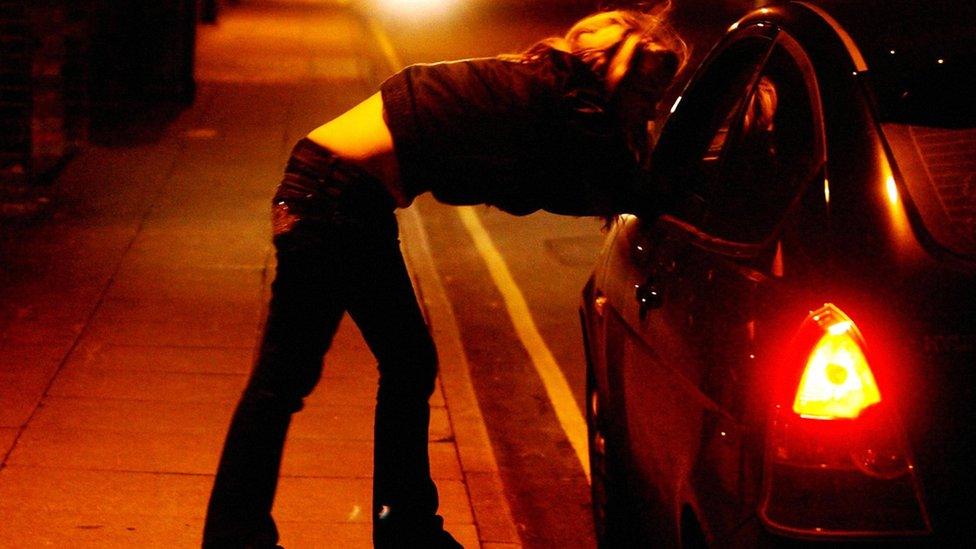The current economic landscape is bleak for today’s young people. There has been a significant decline in hospitality and retail roles, and for those who have secured jobs, inflation and an increase in national insurance have created financial insecurity.
University students are increasingly struggling to make money through so-called normal routes, as student loans become less valuable in real terms, and jobs are few and far between. Female students have been far from immune to the alarming increase in sex work.
In the general population, there has been a rise in the number of women participating in traditional forms of sex work, such as prostitution and escorting. Online sex work, in the form of video chats or publication of pornographic materials is believed to have increased too.
According to the Student Money Survey in 2024, 2% of UK students were using sex work as a form of income.
According to the Student Money Survey in 2024, 2% of UK students were using sex work as a form of income. This equates to around 58,000 students; up to 95% of whom are female. Furthermore, the survey found that 7% of UK students would consider sex work in an “emergency.”
Some universities and unions support their students involvement in sex work. Leeds Beckett University state that experiences in sex work “vary”, suggesting that online sex work “can feel safer” than more traditional physical forms. They offer a range of guidance to their students on staying safe, sexual exploitation, and more.
In 2023, the University and College Union (UCU) created a toolkit to help students get into the sex work industry in a “safer” manner, and support students already implicated in sex work. Although the guidance states, “UCU does not seek to encourage people into sex work” it does claim to help people make “informed and empowered decisions.”
The toolkit recognises that many women find themselves implicated in sex work due to their economic conditions, however, suggests for some, sex work is a “consious lifestyle choice linked to sexual liberation.” The UCU Glasgow declined to comment on their position on this guidance.
For many young women who have found themselves implicated in sex work to afford a degree, the consequences can become life-altering.
Hillhead Review spoke to Emily* who found herself involved in prostitution during her time studying in North-West England. Her parent’s income meant she was only entitled to the minimum maintenance loan, despite having grown up in an abusive household and receiving no financial help from her family. “I was going into debt trying to pay my rent and food. I had three jobs that I couldn’t keep because they expected me to work over my uni course hours.
“I would say the culture around ‘sex work’ primed me to be taken advantage of – people treating the idea of strip clubs as ‘normal, harmless fun.’ I had a housemate who talked about sugar dating. That’s what I started doing because I assumed I could just date and it wouldn’t necessarily be immediate sex.”
This quickly turned into full-blown prostitution, a decision she soon came to regret.
This quickly turned into full-blown prostitution, a decision she soon came to regret. “I went into prostitution because I thought it was a short-term route to an easier life. In reality, all it did was further destroy my self-worth.
“I dropped out of university because I couldn’t cope with the pressure. Without a degree and with terrible self-esteem, I went from minimum wage job to minimum wage job – always falling back on prostitution to keep a roof over my head.
“I lost my mental health for a very long time – I was in and out of treatment for depression, PTSD and suicide attempts for years. My vulnerabilities were exploited by adult men when I was just a child and a young woman.”
Today, Emily campaigns with Nordic Model Now! – a movement fighting for the abolition of prostitution in the UK. She told Hillhead Review that although she never reached out to her university before making the decision to drop out, she thinks that “more support around finances” would help young women in higher education avoid prostitution.
“I think [it would help to] just show more awareness that the naivety and vulnerability of young women is preyed on by this horrible culture. I might have been eligible for more help but there wasn’t really any signposting or acknowledgement for that kind of help – but it must happen all the time.”
The University of Glasgow and the Student Representative Council offer a range of financial advice and support to struggling students. There is currently no specific guidance for students considering, or already involved in, sex work.
A University of Glasgow spokesperson said: “Financial aid is available to students with a variety of needs and circumstances. Our Wellbeing and Safeguarding teams provide confidential support to those experiencing hardship and we encourage any student in difficulty to come forward for help.”
Anyone who is impacted by issues raised in this article can find advice here.
*Real name redacted.

Leave a Reply